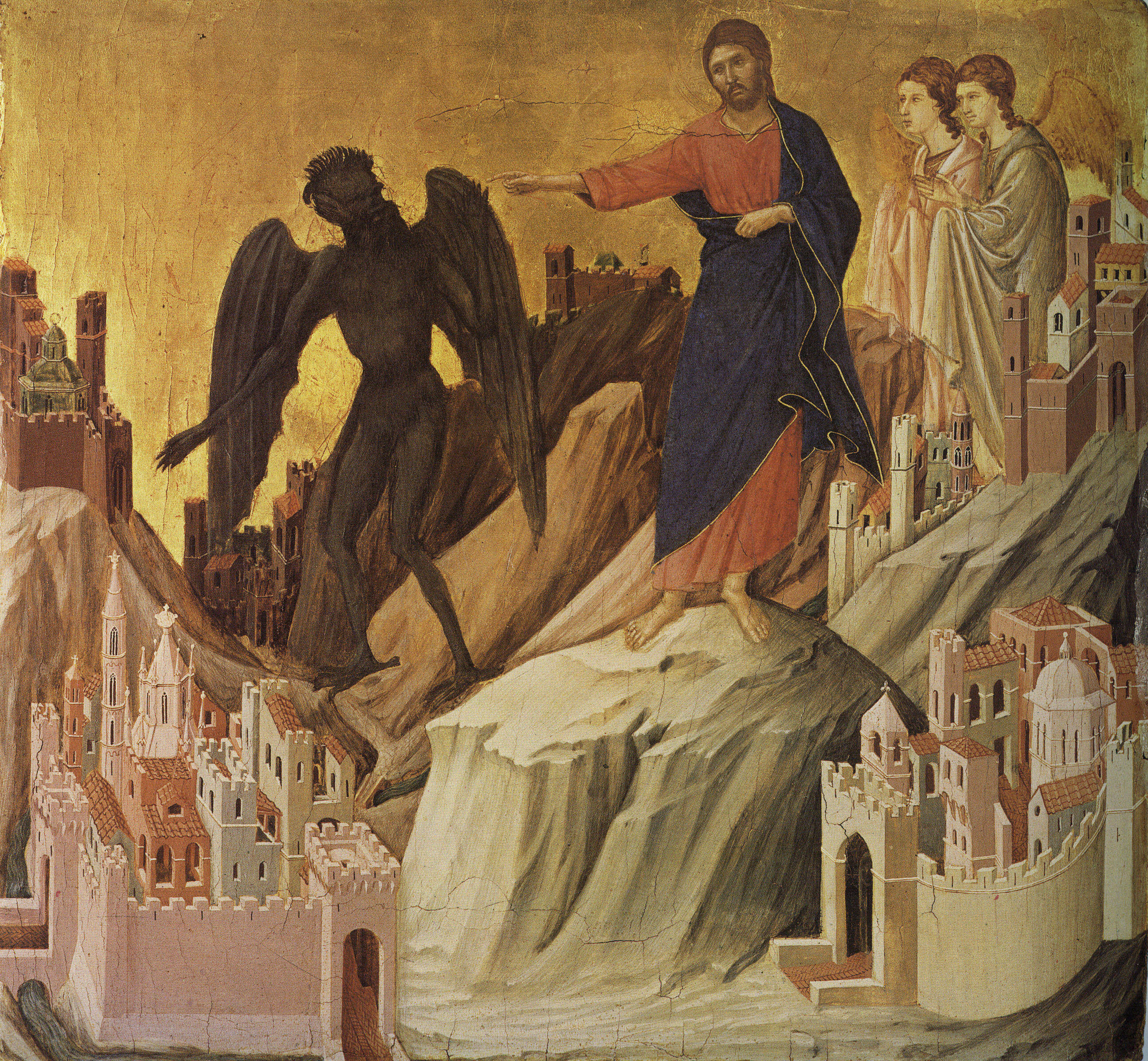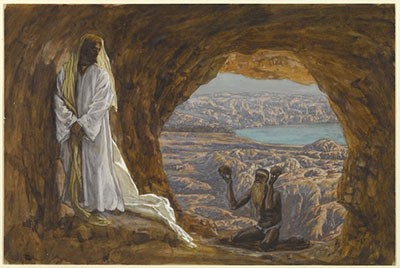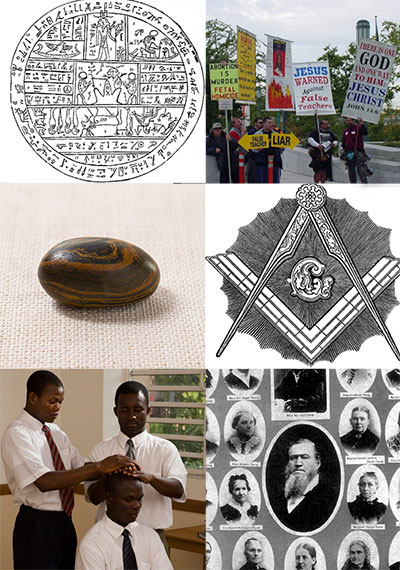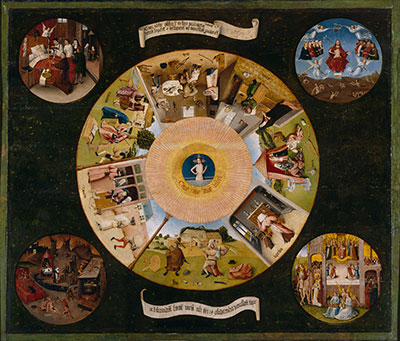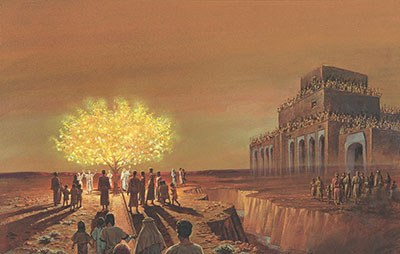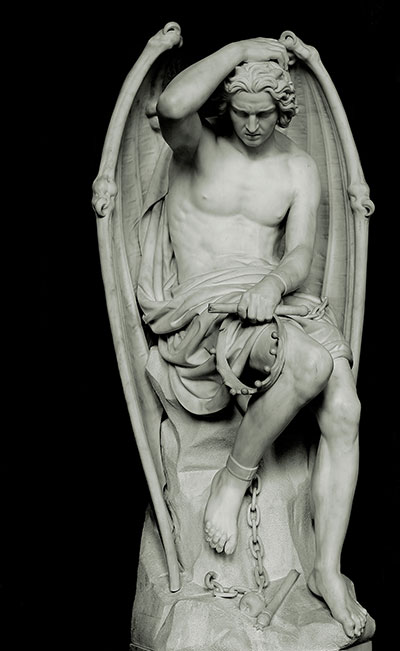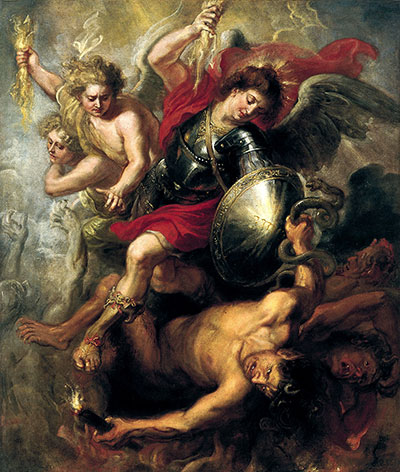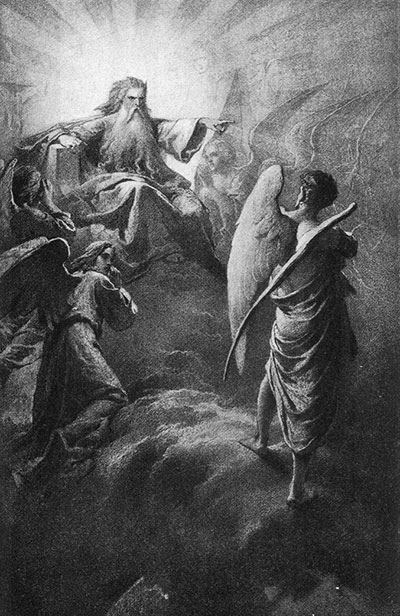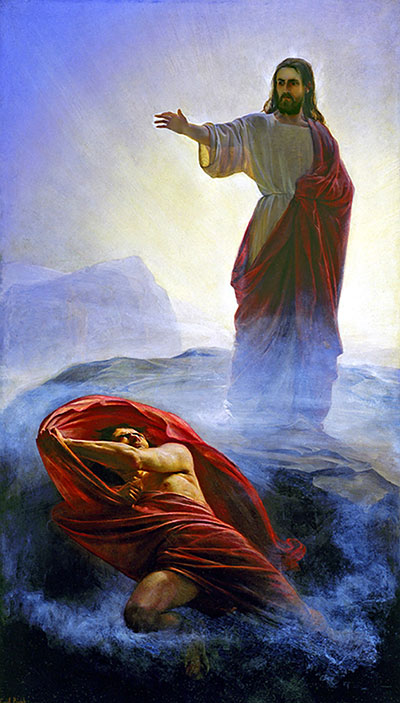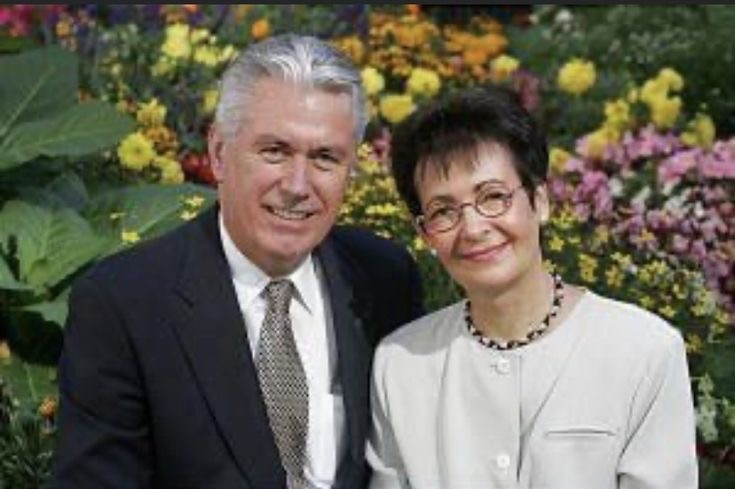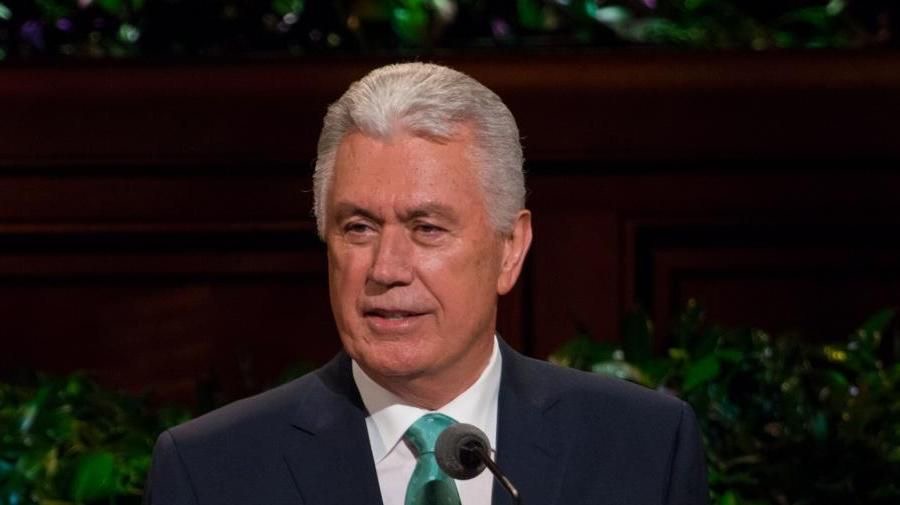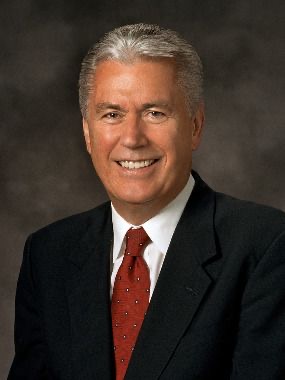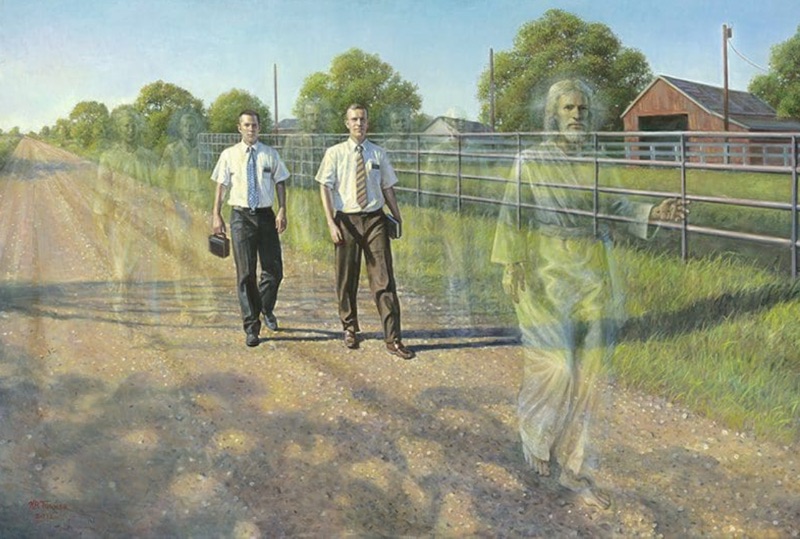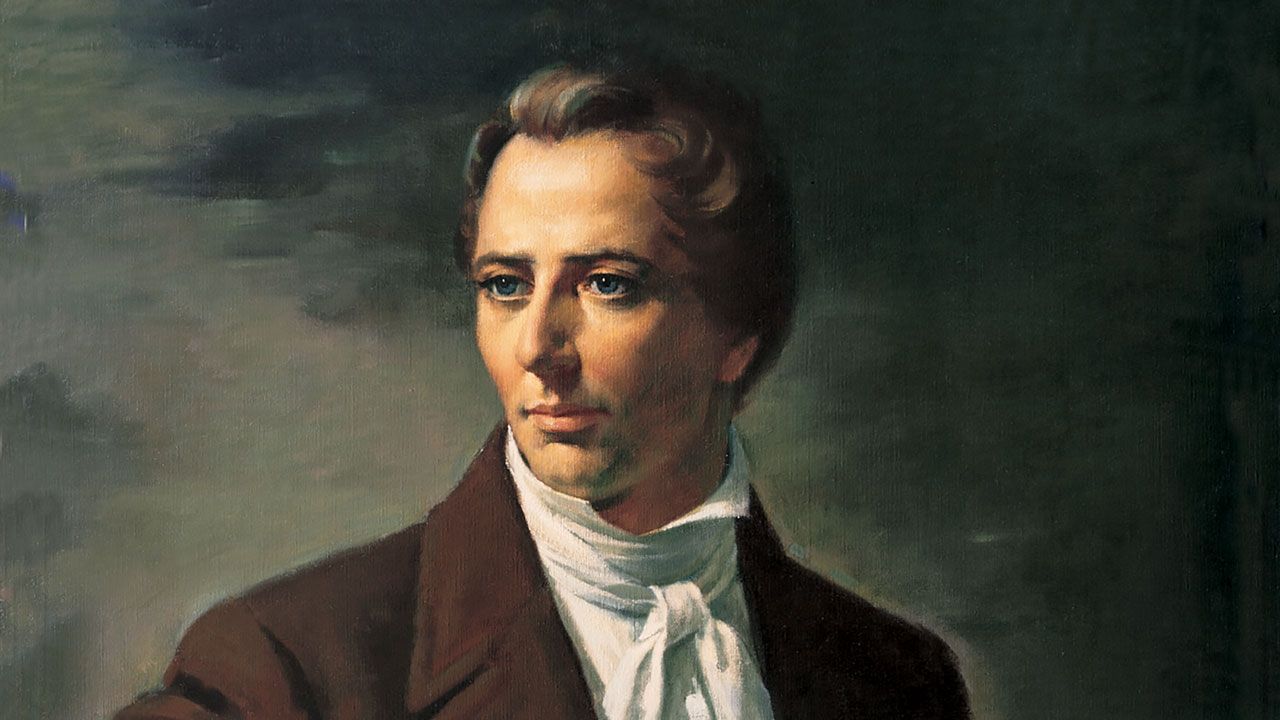100 Things the Book of Mormon Has Taught Me
This is by no means an all-inclusive list. There are hundreds, if not thousands, of precious truths we can pull from this perfect book. Throughout it, we read of prophets of God who were courageous, bold, true, always obedient, filled with love for their brethren, all having a pure love of God and a desire to share His light and gospel with others.
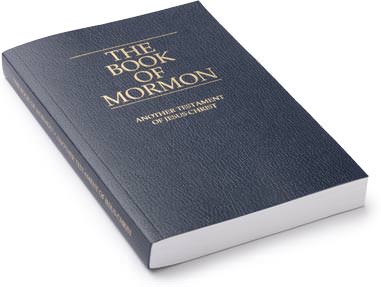
I want to share with you 100 beautiful truths from the Book of Mormon that have helped, and continue to help me, in my journey to be more like my Savior.
1. The Lord provides a way for us to follow His commands (1 Nephi 3:7).
2. The Lord can do all things for us, that are His will, if we have faith in Him (1 Nephi 7:12).
3. Sometimes the Lord commands us to do things for a purpose we don’t understand (1 Nephi 9:5).
4. If we listen to the word of God, and follow it, the devil can’t overpower us (1 Nephi 15:24).
5. We receive strength as we obey God’s commandments (1 Nephi 17:3).
6. Regardless of our afflictions, we should praise God and not murmur (1 Nephi 18:16).
7. Jesus Christ offered himself as a sacrifice for sin. Only through His mercy and grace, can those who believe return to God’s presence (2 Nephi 2:6-8).
8. Everything must have its opposite. You cannot have one without the other (2 Nephi 2:11-13).
9. We all have our free agency to choose to follow Christ or the devil (2 Nephi 2:27, 2 Nephi 10:23).
10. Those who trust man instead of God are cursed (2 Nephi 4:34).
11. The Lord admonishes us to listen to Him and not be afraid of men, for they die. The Lord and His righteousness are forever (2 Nephi 8:7-8, 12).
12. The Lord will bless you and give you knowledge if you are humble. He despises those who value riches and knowledge of men more than His counsel (2 Nephi 9:28-30, 42).
13. We are saved by grace after all we can do (2 Nephi 25:23).
14. People will say they have a bible and don’t need another bible. The Lord answers by saying He loves His people all over the world and He will visit all nations after His resurrection. A written testimony of two nations is a witness of Him, and that He remembers all nations (2 Nephi 29:-78).
15. The Lamb of God was holy, yet He was baptized to fulfill all righteousness. We who are unholy, must be baptized to show obedience to God and His commandments (2 Nephi 31:5-7).
16. After we are baptized, we still have work to do to receive eternal life. We must stay faithful, love God and our neighbors, follow the word of Christ, etc. (2 Nephi 19-20).
17. After we are baptized and receive the gift of the Holy Ghost, we can speak by the power of the Holy Ghost. As we study our scriptures, we will know what we should do (2 Nephi 32:2-3, 5).
18. Pray always. Don’t do anything unto the Lord without praying first for help (2 Nephi 32:9).
19. Seek for the kingdom of God before you seek for riches. If you do obtain riches, use them to do good to others, for we are all precious to God (Jacob 2:18-21).
20. When we serve others, we are serving God. If we praise, thank and serve God all our lives with our whole souls, we will still be unprofitable servants. All we have to do is keep His commandments, and we are blessed. We will always be indebted to Christ, and have no reason to ever boast of ourselves (Mosiah 2:17, 20-24).
21. We must be like little children and put off the natural man, else we are an enemy to God (Mosiah 3:18-19).
22. God created all things, has all wisdom, and all power. We can’t comprehend what He can (Mosiah 4:9).
23. We should teach our children to keep God’s commandments and to love and serve others. We should not withhold our help from those who need it, saying they deserve what they get. We are all beggars and rely on God for all (Mosiah 4:14-19).
24. We must watch our thoughts, words and deeds, and keep God’s commandments, else we will perish (Mosiah 4:30).
25. When we are baptized, we make a covenant to be obedient to all of God’s commands, all our lives. When we make this covenant, we are called the children of Christ. We must remember Him always. How can we know Him if we do not serve Him and keep Him in our hearts? (Mosiah 4:5-13).
26. When we are baptized, we promise to stand as witnesses of God at all times and in all things and in all places (Mosiah 18:9).
27. The Lord will forgive those who repent. We should forgive each other as well. If we don’t, then we will not be forgiven of our sins (Mosiah 26:30-31).
28. The judgments of God are always just, but the judgments of man are not (Mosiah 29:12).
29. Alma asks many questions to see if his people are prepared for salvation. These are great questions to ponder and see how you are doing in your path of righteousness (Alma 5:14-32).
30. The word of God must be fulfilled, regardless if people reject it (Alma 5:58).
31. To walk blameless before God, we must be humble, gentle, patient, grateful, etc (Alma 7:23-24).
32. Christ has loosed the bands of temporal death. All will be resurrected (Alma 11:43-44).
33. Those with soft hearts receive more of God’s word than those who harden their hearts (Alma 12:10).
34. This life is a time to prepare to meet God (Alma 12:24).
35. Do not procrastinate the day of your repentance, but instead watch and pray continually and have faith, and a hope of eternal life. (Alma 13:27-30)
36. Who can glory too much in the Lord? (Alma 26:16).
37. God is mindful of all people and is merciful unto them (Alma 26:37).
38. What profit is it to labor in a church if you don’t get paid? It is to rejoice in the joy of others (Alma 30:34-35).
39. All things denote there is a God (Alma 30:44).
40. The Lord provides strength, comfort and patience to those who suffer afflictions, as long as they pray in faith (Alma 31:30-38).
41. It is better to humble yourself because of God’s word than to be compelled to be humble (Alma 32:12-16).
42. Faith is not to have a perfect knowledge, but a hope for things which are not seen, which are true (Alma 32:21).
43. Faith begins with a desire to believe. Alma the younger, a prophet, compares the word of God unto a seed and explains how it can grow and bring forth fruit to you (Alma 32:27-43).
44. By small and simple things God brings about great things, including the salvation of souls (Alma 37:6-7).
45. The Lord keeps His promises, and always has (Alma 37:17).
46. If you counsel with the Lord, He will direct you. Those who pray daily and have hearts filled with gratitude daily will be lifted up at the last day (Alma 37:37).
47. You cannot hide your crimes from God. You must repent of your sins (Alma 39:8).
48. Do not seek after riches, for you can’t take them with you (Alma 39:14).
49. Wickedness never was happiness. Those who do not follow God cannot be happy (Alma 41:10-11).
50. Christ’s atonement has brought about the plan of mercy and appeases the demands of justice by allowing us to repent of our sins (Alma 42:13-15).
51. War is justified to protect families, lands, rights and religion (Alma 43:46-47).
52. God will preserve the faithful. The Lord will not allow a people to be destroyed unless they fall into transgression and deny their faith (Alma 44:4).
53. Captain Moroni’s character is explained, and then it issaid that if all people were like him, the devil could have no power over anyone (Alma 48:11-13, 17).
54. If you do not doubt, God will deliver you from your enemies (Alma 56:47-48).
55. Joy and pureness of heart comes from humility and giving your heart to God (Helaman 3:35).
56. If you build your foundation on the rock of Christ, the devil cannot drag you down into misery and despair. Those who build a sure foundation cannot fall (Helaman 5:12).
57. Samuel, a Lamanite prophet, prophesies that the night before Christ is born, there will be no darkness, but a day and a night and a day of only light. A new star will arise and signs and wonders will come from Heaven (Helaman 14:3-6).
58. Jesus must die so that the dead can be resurrected. His death redeems mankind and, through repentance, allows all to enter back into the presence of God (Helaman 14: 15-18).
59. Samuel prophesies that upon Christ’s death, there will be darkness until He is resurrected. During this period of darkness, there will be terrible natural disasters, changing the face of the whole earth, above and beneath (Helaman 14:20-27).
60. The words of the prophets are fulfilled every whit (3 Nephi 1:20).
61. Christ extends His mercy to all who come to Him (3 Nephi 9:14).
62. Heavenly Father speaks to the Nephites in the land Bountiful, and testifies of His beloved son. Jesus descends out of heaven and stands in their midst. He speaks of his atoning sacrifice and invites the multitude to thrust their hands into His side, and feel the prints in His hands and feet (3 Nephi 11:7-15).
63. Jesus instructs the prophet Nephi on how baptism should be done – in His name, having proper authority, and by immersion (3 Nephi 11:21-26).
64. Contention and anger are of the devil (3 Nephi 11:29-30).
65. Jesus speaks the Beatitudes to the Nephites, just as He did at the Sermon on the Mount (3 Nephi
12:3-12).
66. The Father knows what you need before you ask Him (3 Nephi 13:8).
67. If you first seek the kingdom of Heaven, you will be blessed with your temporal needs (3 Nephi 13:33).
68. Do not judge others. First look at yourself and what you need to change before you point out others’ faults (3 Nephi 14:1-5).
69. Only those who do the will of the Father will enter the kingdom of Heaven (3 Nephi 14:21).
70. When Christ told the Jews that He had other sheep which were not of this fold, they thought He meant the Gentiles. However, Jesus tells the Nephites that this is not so; that the other sheep are them and other people around the world that He would visit after His resurrection (3 Nephi 15:16-24).
71. Just as in His mortal ministry, Jesus, full of compassion, heals the sick. He then blesses the children one by one and prays for them. Angels descend out of heaven and minister to the little ones (3 Nephi 17:6-25).
72. Jesus ordains a disciple with power to bless and administer the bread and wine to all those who are baptized in His name. Partaking of the bread and wine shows Heavenly Father that we remember Jesus and keep His commandments. He promises that if the people remember Him, they will always have His Spirit to be with them. Those who partake worthily of these emblems are built upon His rock (3 Nephi 18:5-12).
73. Jesus commands us to watch and pray always to avoid temptation. Satan want to overtake us. Anything we ask the Father in Christ’s name will be given to us as long as we ask in faith and it is God’s will. Jesus commands us to pray in our families (3 Nephi 18:15-21).
74. Jesus says to meet together often and to accept all people into the congregation of the church. Pray for them. Set an example for them, as He has set for us (3 Nephi 18:22-24).
75. The words of Isaiah are great, and all things that he prophesied have been and shall be (3 Nephi 23:1-3).
76. Jesus Christ’s church should bear His name, and should be built upon His gospel, or else it be another man’s church (3 Nephi 27:3-8).
77. All will be judged by Jesus Christ according to their works. All who repent, are baptized, and endure to the end will be held guiltless before the Father on judgment day (3 Nephi 27:13-17).
78. We should do what Jesus would and did do. We should be like Him (3 Nephi 27:21, 27).
79. The way to eternal life is strait and narrow. Few will find it (3 Nephi 27:33).
80. The judgments of God will overtake the wicked. (Mormon 4:5).
81. The Book of Mormon shall be hidden until the Lord sees fit for it to be brought forth. Its purpose will be to persuade the House of Israel that Jesus is the Christ, the son of God (Mormon 5:12-14).
82. God has all power, and at His command anything can come to pass (Mormon 5:23).
83. Mormon invites the Lamanites of the latter days to repent, to be baptized and to take hold of the gospel of Christ, set forth in the Bible and the Book of Mormon. The Book of Mormon is written to help people believe in the Bible. If you will believe the Bible, you will believe the Book of Mormon too (Mormon 7:8-9).
84. Moroni prophesies about the coming forth of the Book of Mormon. It will only be able to come forth by the power of God by one whose eye is single to His glory. It shall come forth in a time where people no longer believe in miracles, when churches and teachers are lifted up in pride, when there are wars and rumors of wars, great pollutions and sin upon the earth, etc. (Mormon 8:14-33).
85. Miracles have not ceased. Because God is the same yesterday, today and forever, miracles still happen for the faithful. They only cease for the wicked (Mormon 9:15-21).
86. The promised land (the Americas) will be free from bondage from all other nations as long as its people serve Jesus Christ (Ether 2:9-10, 12).
87. Anything that persuades to do good is from God (Ether 4:12).
88. Do not say something doesn’t exist because you can’t see it or have proof. You will not receive a witness until after your faith is tried (Ether 12: 6).
89. Miracles only occur when one first has faith in the son of God (Ether 12:12-18).
90. God gives us weakness so we will be humble. If we are humble and have faith, God will make our weaknesses strengths (Ether 12:27).
91. In the church of Christ, members will fellowship each other and help each other keep the faith. They will meet often to fast, pray, help each other, and to partake of the Sacrament in remembrance of the Lord, Jesus Christ (Moroni 6:4-6).
92. A good person will do good things. When offering a gift or praying, we must do so with real intent to do good (Moroni 7: 5-10).
93. All things of God invite one to do good. We all have been given the light of Christ, which helps us discern between good and evil. The devil never persuades anyone to do good (Moroni 7:12-17).
94. We must have charity. It is the pure love of Christ, and never fails. We must pray to the Father to be filled with His love, and be like Christ (Moroni 7:45-48).
95. Little children are not capable of committing sin. They are not accountable and need no repentance. Thus, they do not need to be baptized. They are alive in Christ (Moroni 8).
96. Perfect love removes all fear (Moroni 8:16).
97. As we are forgiven of our sins, we become more gentle and not easily offended. With these traits, we are filled with the Holy Ghost, which brings hope and perfect love. This love can endure through diligent prayer (Moroni 8:26).
98. Moroni promises that those who ask Heavenly Father in sincere, faithful prayer if the Book of Mormon is true, will receive an answer through the Holy Ghost, who testifies of all truth (Moroni 10:4-5).
99. God has given us many different spiritual gifts. They are manifested to us by the Holy Spirit to help us and others draw closer to Christ (Moroni 10:8-18).
100. If we come unto Christ and deny ourselves of all ungodliness, loving the Lord with all our hearts, we can be perfected and made holy through His grace (Moroni 10:32-33).
This is by no means an all-inclusive list. There are hundreds, if not thousands, of precious truths we can pull from this perfect book. Throughout it, we read of prophets of God who were courageous, bold, true, always obedient, filled with love for their brethren, all having a pure love of God and a desire to share His light and gospel with others.
The most perfect example from the Book of Mormon is Jesus Christ Himself. The words he spoke to the Nephite people, whom He visited in the Americas following His resurrection, are of supreme value.
As I went through the Book of Mormon’s 531 pages, making this list, I was overwhelmed with how often Jesus Christ is mentioned, praised, prophesied of, and reverenced. The Book of Mormon truly is a companion to the Bible – another testament of Jesus Christ.
I know it is true. I invite you to read it and to pray about it to see if it is true for yourself. Let the Spirit of the Lord work within you, and testify to you of its truthfulness.
